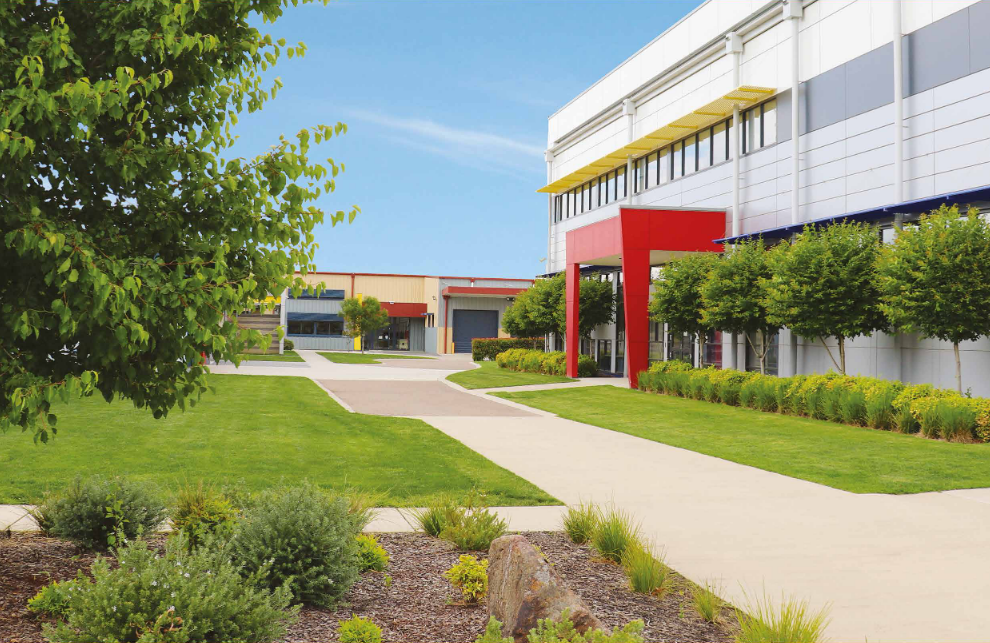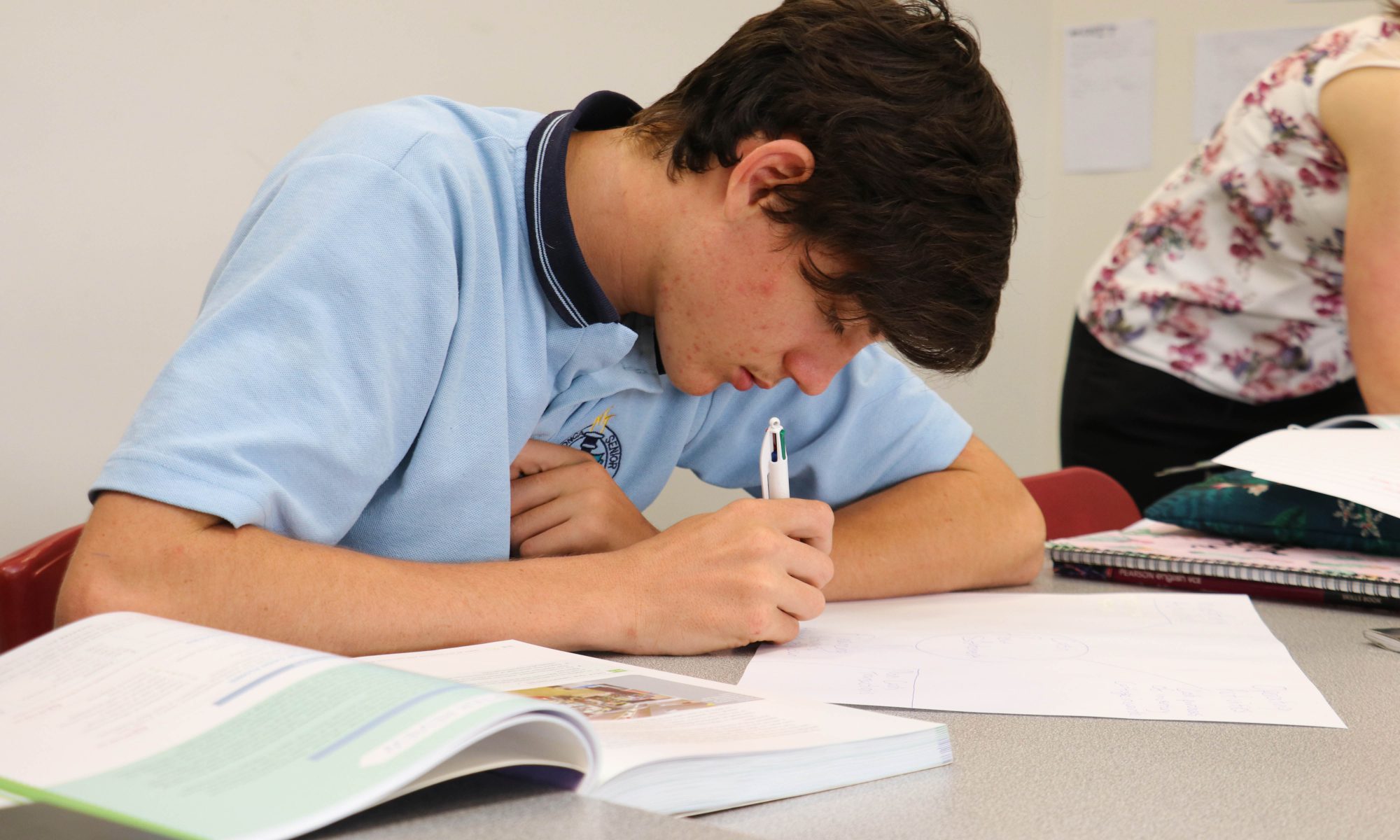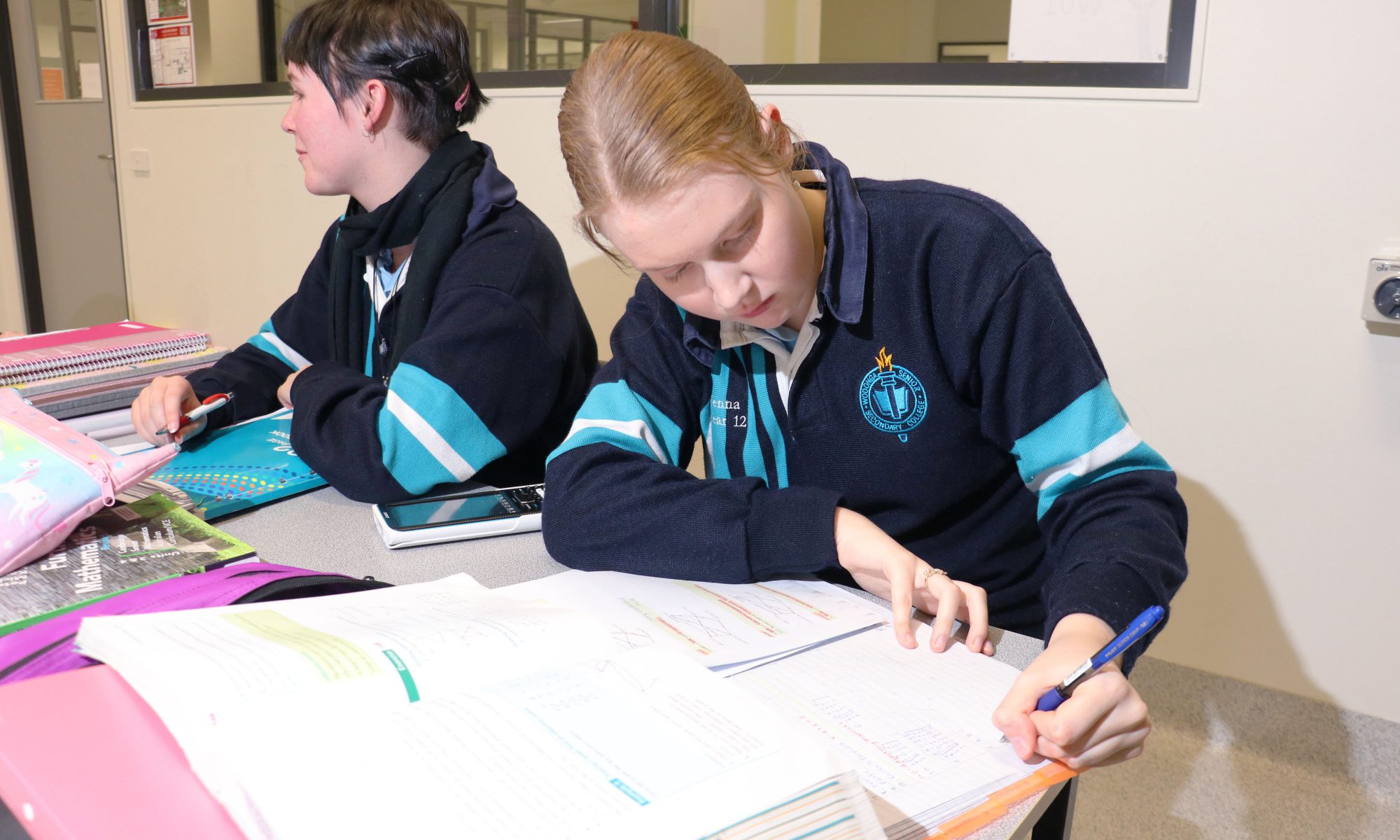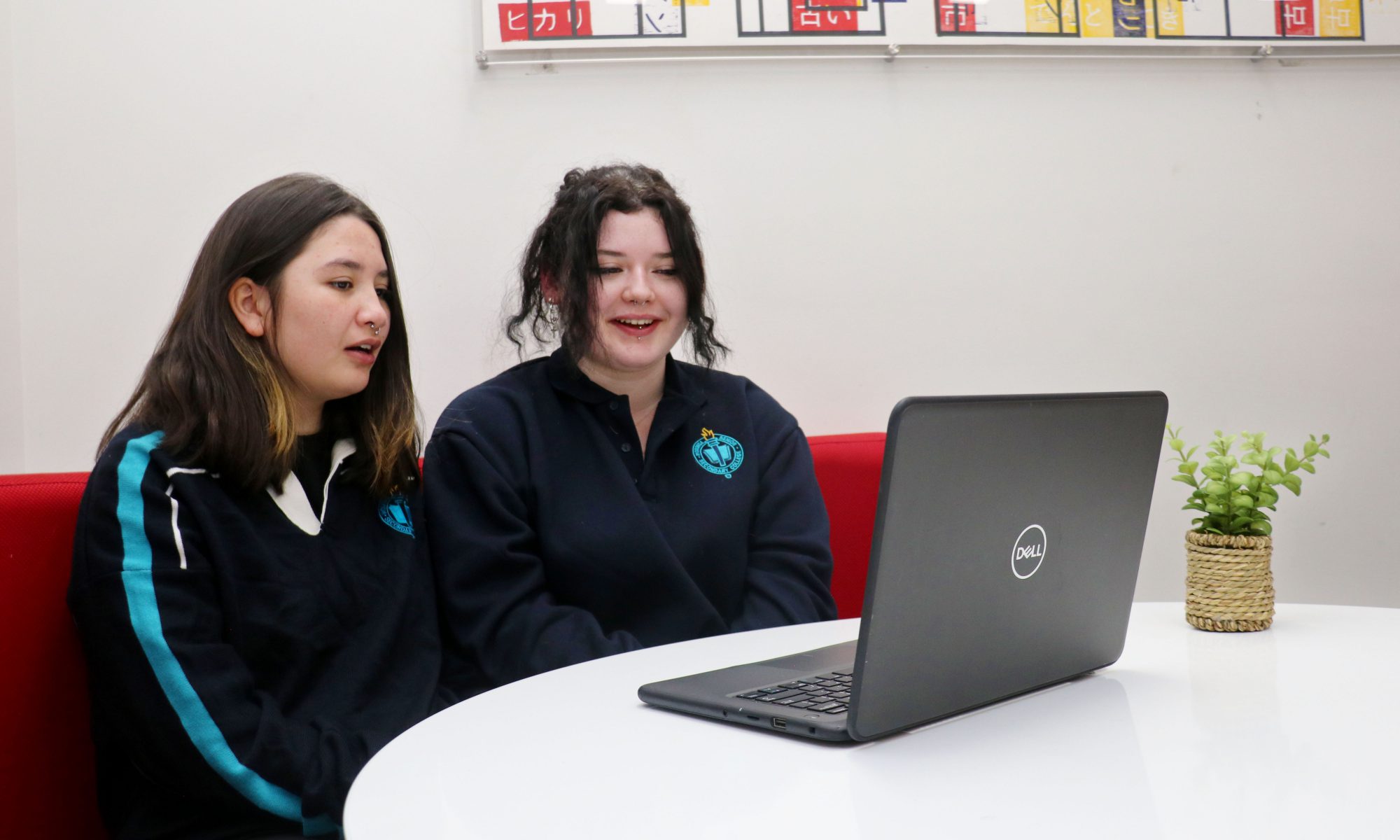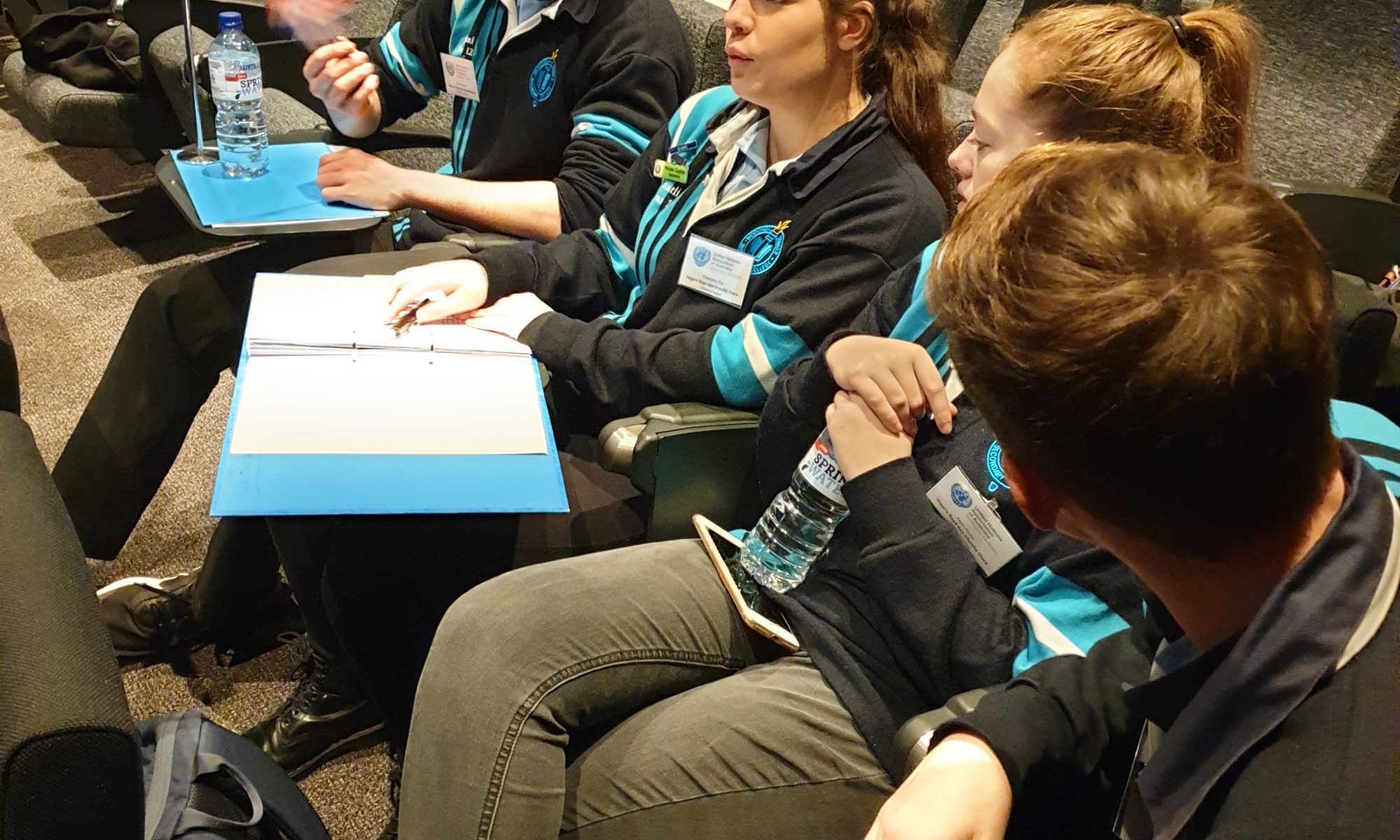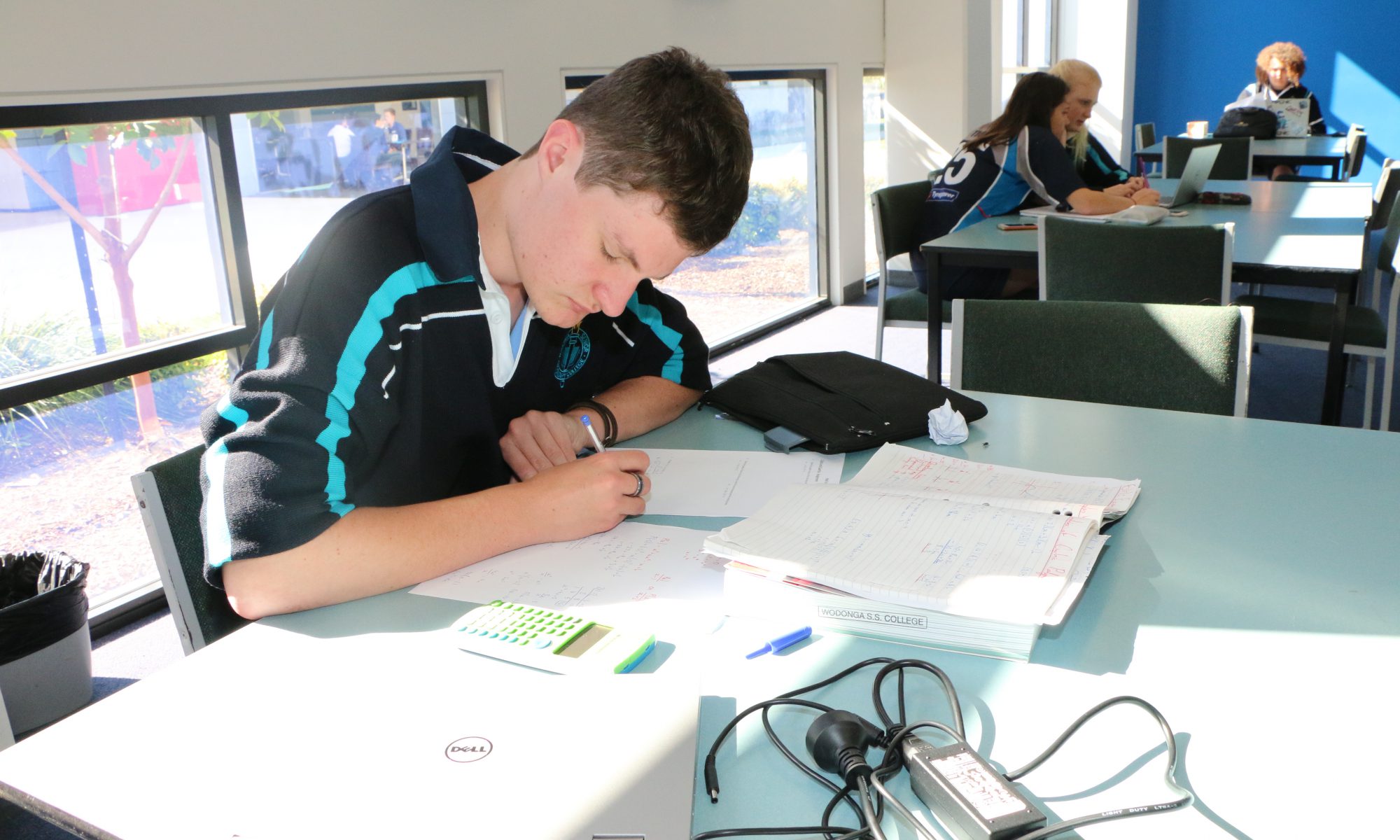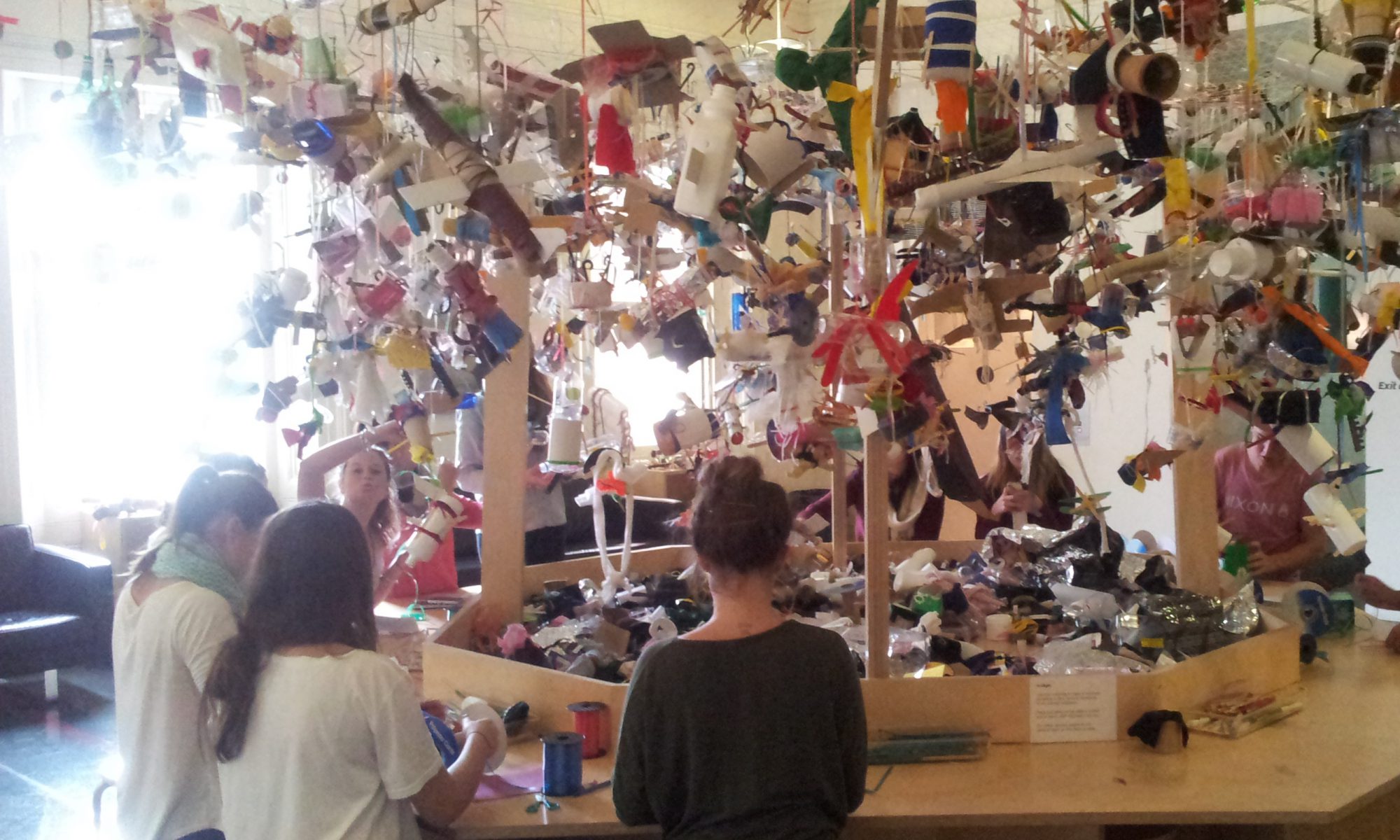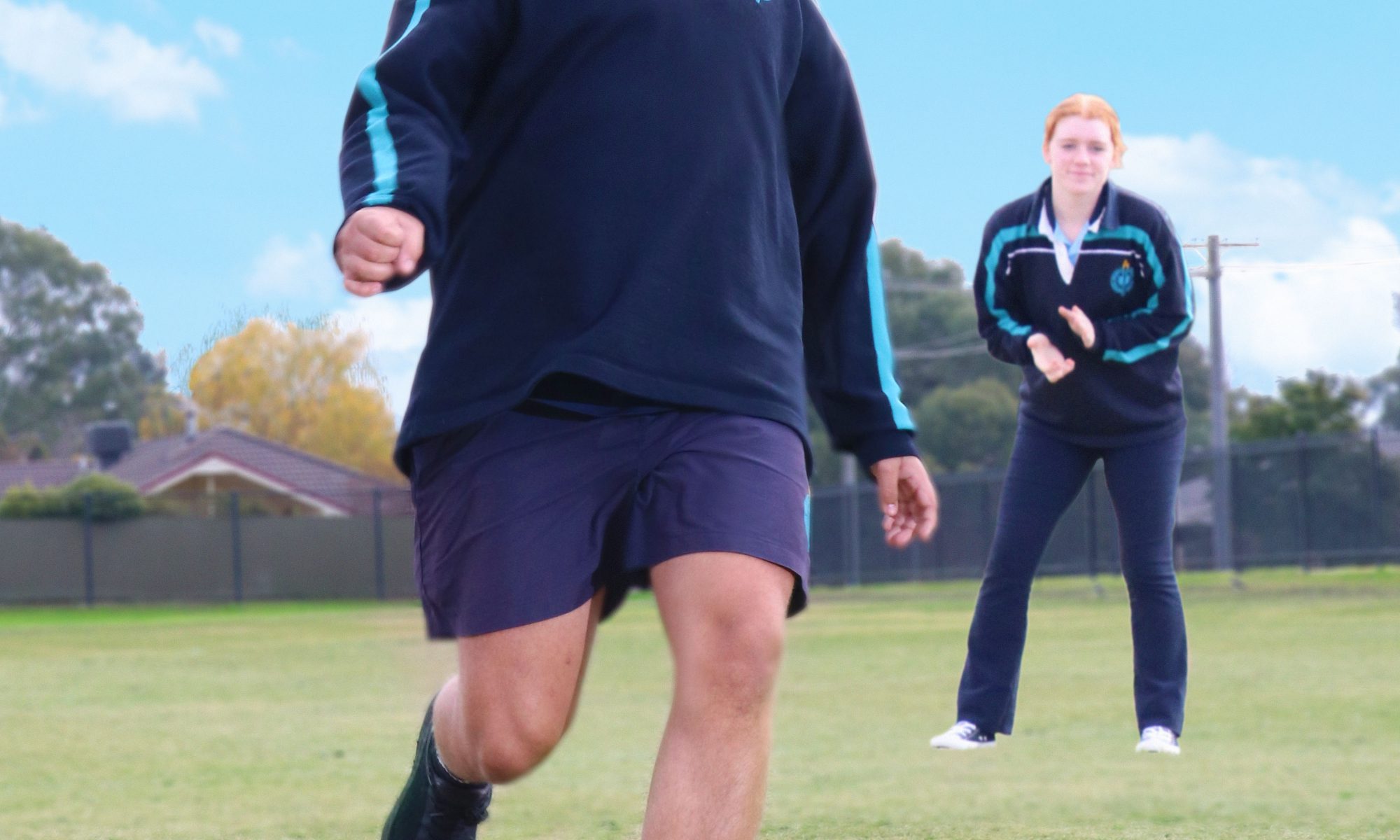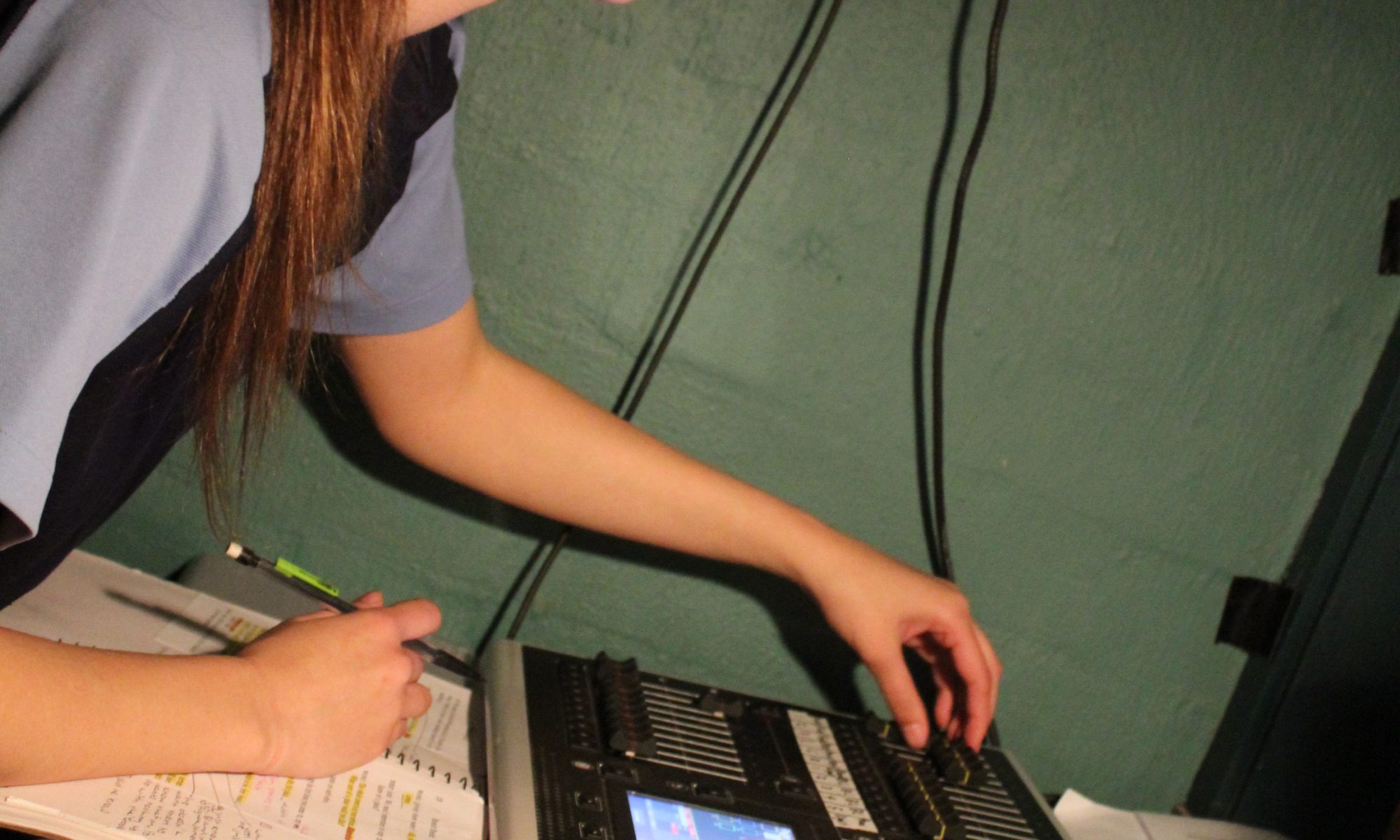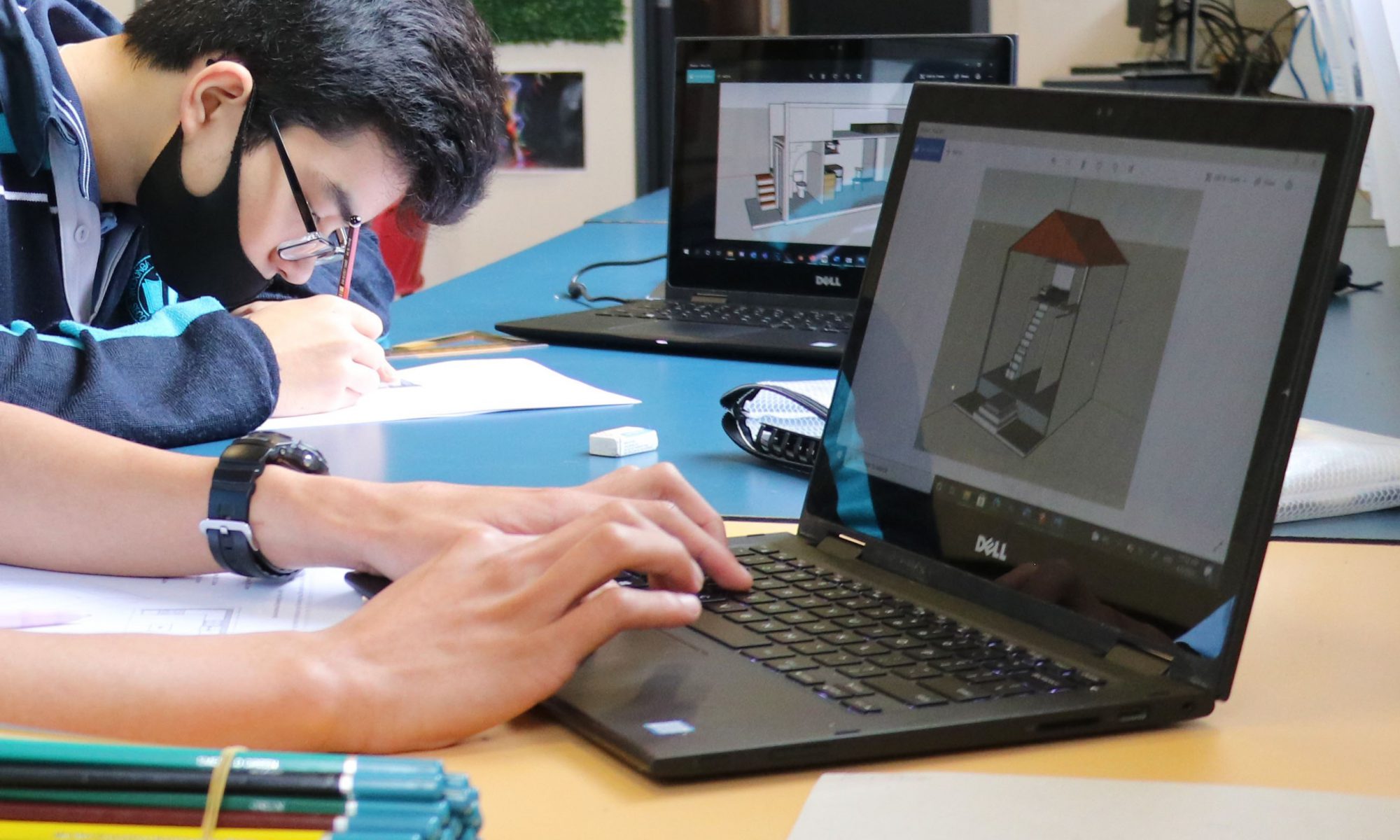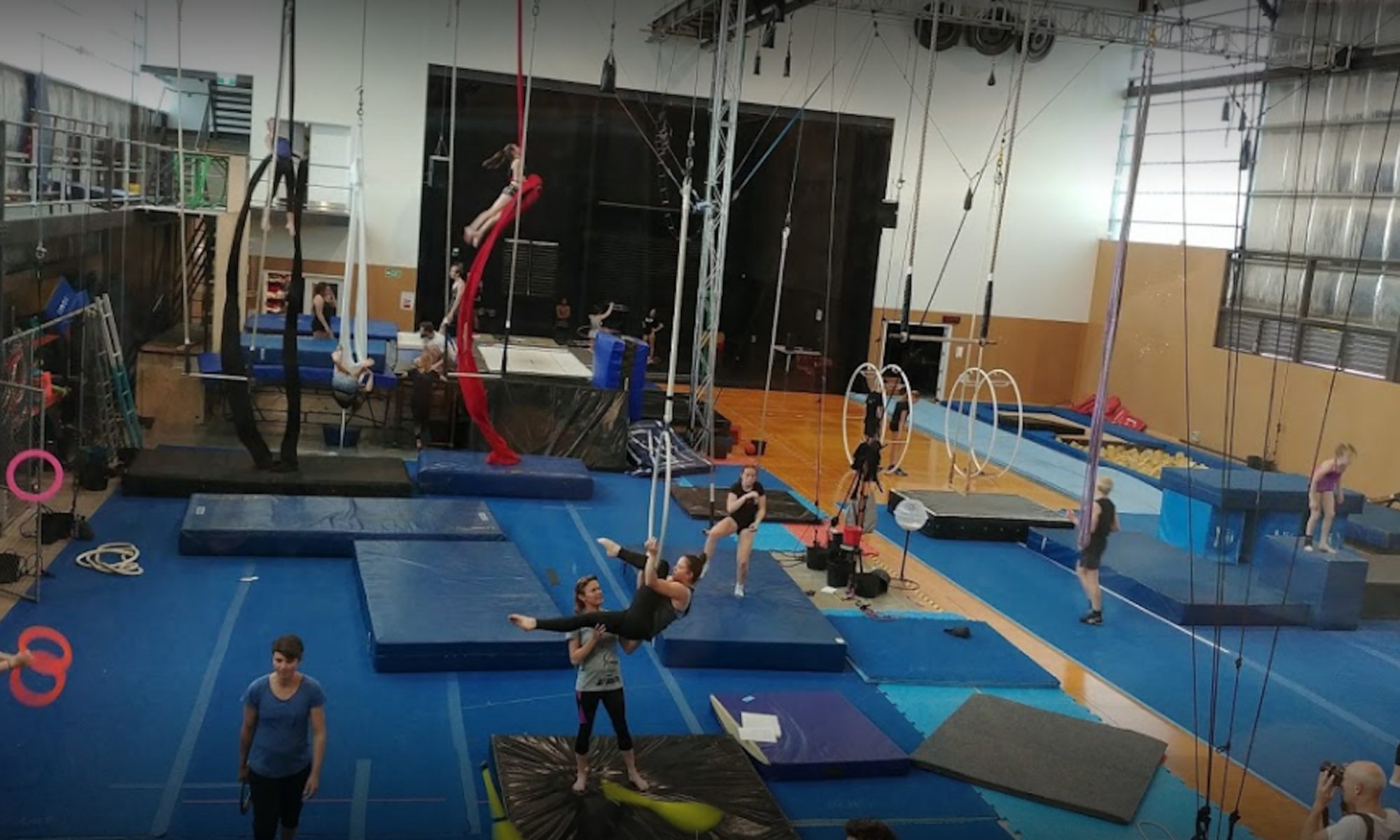Mathematical Methods
Course Summary
Do you require a higher level of Maths for university study? Are you able to work with difficult interconnected mathematical topics independently? Topic covered in Maths Methods includes ‘Functions & Relations, ‘Exponential & Logarithms’, ‘Circular Functions’ ‘Differentiation’, ‘Integration & Antidifferentiation’, ‘Probability’, and ‘Statistical Inference & Hypothesis testing’. You will use content that will allow you to develop complex and sophisticated problem-solving skills and mathematical processes.
VCE: Unit 1, Unit 2 and Unit 3 & 4 sequence available
Learning Activities & Assessment
- Further develop an understanding of functions, algebra, calculus and statistical analysis
- Explore probability and statistics
- Develop the ability to describe and analyse phenomena involving uncertainty and variation
- Investigate the role mathematics plays in understanding the physical world e.g. rates of change
Classroom Virtual Tour
Quick Links
Approximate Costs
Unit 1 & 2
Unit 3 & 4
USB $8
Checkpoints $35
Learning Area Contact
Maths Learning Area Leader
